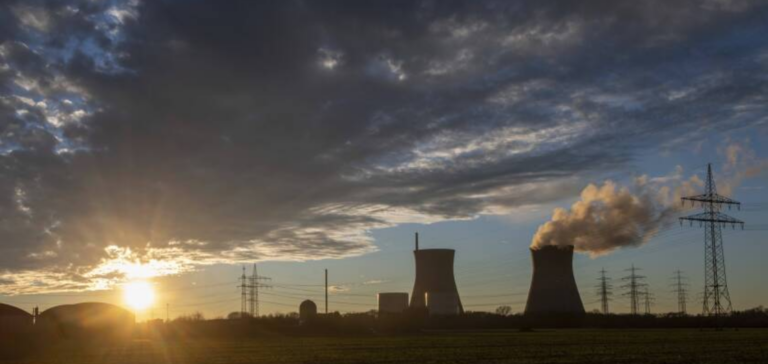The IAEA expressed satisfaction with Slovakia’s commitment to nuclear safety at the conclusion of its review mission. A twelve-day mission led by the IRRS team. It also pointed out possible improvements.
IAEA welcomes Slovakia’s commitment
The IRRS missions are designed to enhance the effectiveness of the national regulatory infrastructure. They reflect an international consensus based on IAEA standards.
The team of 14 experts conducted interviews with the management of the nuclear regulatory authority and national radiation protection authorities. In addition, the mission team leaders also met with the Minister of Health, Vladimír Lengvarský.
The IAEA welcomed Slovakia’s commitment. In fact, the agency highlights the country’s significant progress since a previous IRRS mission in 2012. Marta Žiaková, president of the country’s nuclear regulatory authority, agrees:
“The nuclear regulatory authority of the Slovak Republic greatly appreciates external feedback on our regulatory processes and inspection activities, especially when it comes from a reputable international organization like the IAEA.”
This is further evidence of the reference framework provided by the IAEA’s nuclear safety standards.
Areas for improvement
The SRRI team also identified areas where this framework could be further improved. Recommendations aimed at improving the Slovak regulatory system and the efficiency of regulatory functions.
Thus, the IAEA calls on the Slovak government to increase the independence of the radiation protection departments of the public health authority. The recommendations also apply to entities with regulatory responsibilities. Therefore, the agency would like to see a phased approach to the performance of regulatory functions.
For Dana Drábová, their application can only strengthen the country’s good performance:
“Their proper adoption will enhance the effectiveness of the regulatory framework and functions in compliance with IAEA safety standards.”
The final report of the mission will be submitted to the government in approximately three months. The country is also preparing to commission a third reactor at the Mochovce nuclear power plant.





















